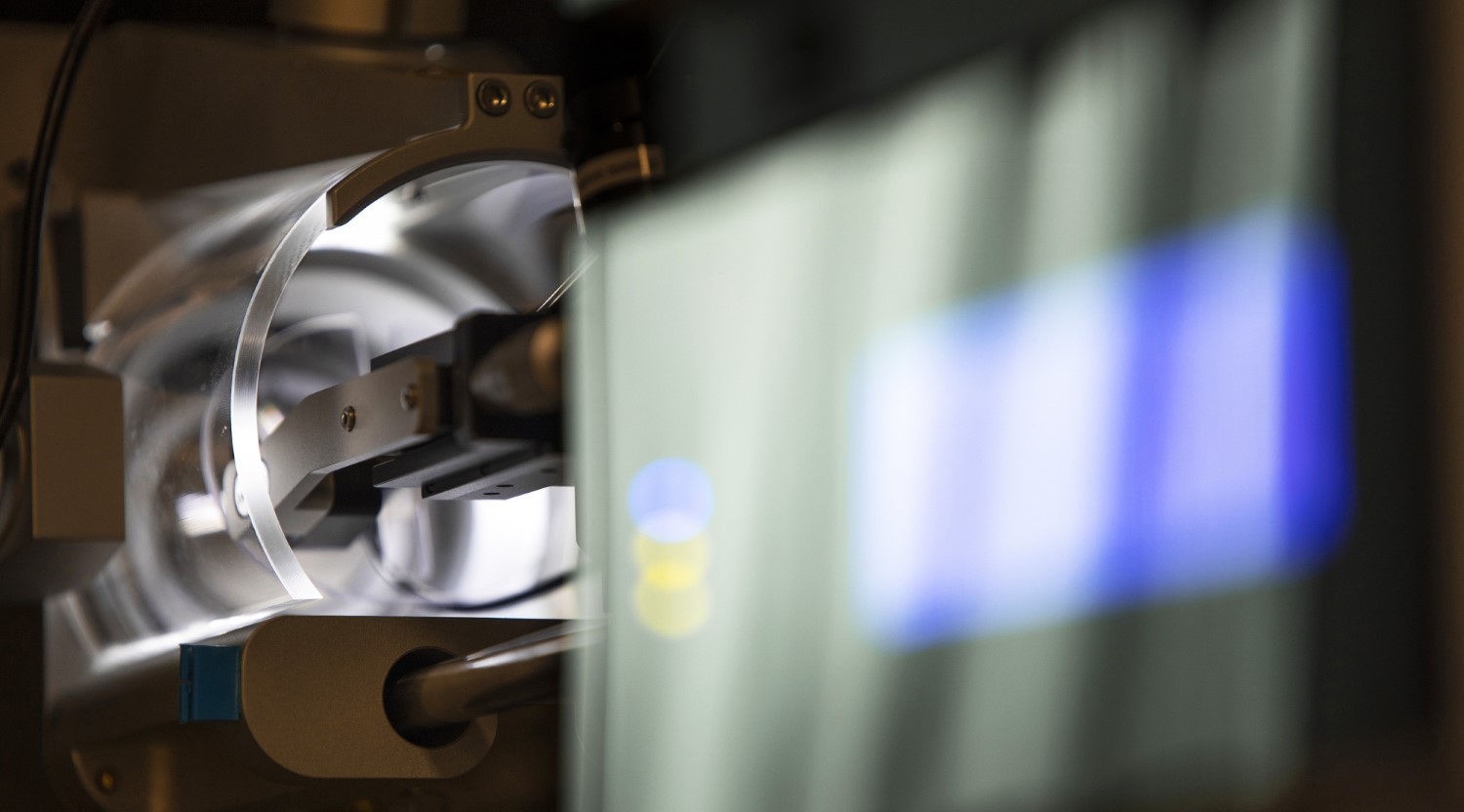Peptide Immunology
The work is almost exclusively performed in collaboration with other research groups and relates to three major areas: peptides as research tools to understand disease; peptides as diagnostics to detect, monitor or predict disease; peptides as therapeutics to cure disease.
&width=826&height=464)
To allow for optimal and flexible input in the above areas we have extensive knowledge and infrastructure available for the parallel synthesis of peptides and for the efficient and cost-effective synthesis of modified peptides (affinity-tags, fluorescent or isotope labels, click handles, cyclic or multimeric constructs, lipid extensions, etc).
Our research is characterized by two quite unusual parameters
- We are involved in many distinct research topics and diseases such as therapy of cancer, diagnosis of cancer, bacterial infections, viral infections like CMV and SARS CoV2, auto-immune diseases like rheumatoid arthritis and diabetes, peptide-HLA interactions, MHC-class I multimers, improvement of T cell or antibody vaccination, protein quantitation using SIL-peptides, etc.
- Although the compounds we produce are basically consisting of a limited set of about 20 building blocks (the amino acids), they are a selection out of a nearly infinite number of possibilities. To examplify this issue: when you limit yourself to unlabeled peptides with a length of 15 amino acids, you have 3.2 x 10^19 different peptides to select from, while the synthesis and testing of 10³ peptides is already quite an effort.
To allow for optimal and flexible input in the above areas we have extensive knowledge and infrastructure available for the parallel synthesis of peptides and for the efficient and cost-effective synthesis of modified peptides (affinity-tags, fluorescent or isotope labels, click handles, cyclic or multimeric constructs, lipid extensions, etc).
Our research is characterized by two quite unusual parameters
- We are involved in many distinct research topics and diseases such as therapy of cancer, diagnosis of cancer, bacterial infections, viral infections like CMV and SARS CoV2, auto-immune diseases like rheumatoid arthritis and diabetes, peptide-HLA interactions, MHC-class I multimers, improvement of T cell or antibody vaccination, protein quantitation using SIL-peptides, etc.
- Although the compounds we produce are basically consisting of a limited set of about 20 building blocks (the amino acids), they are a selection out of a nearly infinite number of possibilities. To examplify this issue: when you limit yourself to unlabeled peptides with a length of 15 amino acids, you have 3.2 x 10^19 different peptides to select from, while the synthesis and testing of 10³ peptides is already quite an effort.
Our task is thus, together with our collaborators, to cleaverly design and synthesize sets of (labeled) peptides to support these projects. Normally the synthesis of the peptides is done by our
group and the evaluation (testing) of the peptides is performed by the collaborators. Based on the results we design a new set of peptides, etc. In addition, lately we started to make use of artifical intelligence to predict candidate peptides with the intended activity.